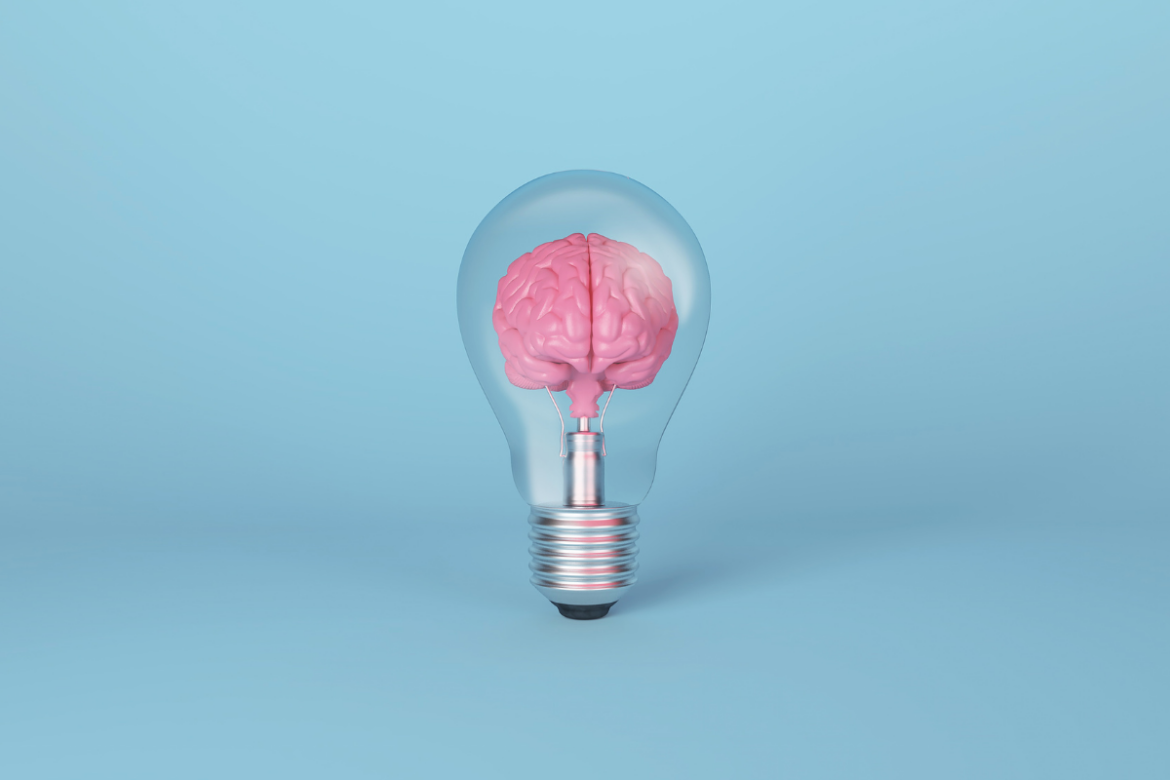In the spirit of World Brain Day on July 22nd, we wanted to provide our readers with a crucial reminder of the importance of maintaining brain health and doing all we can to stay healthy and sharp. We are dedicating this space today to The Importance of Brain Health and How to Achieve It.
Why Brain Health Matters
Brain health is crucial for overall well-being, longevity, and a high quality of life. According to the World Health Organization (WHO), brain health is the state of brain functioning across cognitive, sensory, social-emotional, behavioral, and motor domains. It allows a person to realize their full potential over the course of life, irrespective of the presence or absence of disorders.
Cognitive function influences every aspect of our lives, from our ability to perform daily tasks to our capacity for learning and emotional regulation. Understanding the significance of brain health and taking proactive steps to preserve and enhance it can lead to a healthier, more fulfilling life.
One of the most fascinating aspects of the brain is its ability to change and adapt, a concept known as neuroplasticity. Neuroplasticity allows the brain to reorganize itself by forming new neural connections throughout life. This adaptability means that, regardless of age, we can improve our cognitive function and maintain a healthy brain.
7 Tips to Maintain and Improve Brain Health
Here are some strategies to help you achieve brain health:
1. Balanced Diet

Nutrition plays a pivotal role in brain health. Consuming a balanced diet rich in antioxidants, good fats, vitamins, and minerals provides the fuel your brain needs. Foods like berries, nuts, and fish are excellent brain-boosting nutrients. Specifically, ancient grains like KAMUT® Brand Wheat, prized for its high nutritional value and ease of digestibility, offer a great addition to any diet. Incorporating such whole grains into your meals can provide the essential nutrients that support brain health.
2. Nutrition
There is a lot we can do to help our brain health. This lifelong journey is a priority for all generations, and especially for new parents, multitaskers, gamers, biohackers, and the anti-aging population. Supplements have become increasingly popular and a convenient way to tackle brain health. If you feel the need for a nutritional boost, consider supplements with ingredients such as Cognizin®, which comes with a vast wealth of publications in the clinical setting about brain health nutrients. Cognizin®, a branded form of citicoline, can be found in many delivery systems, including capsules, gummies, beverages, coffee, chocolate, stick packs, lolly pops, and more.
3. Physical Exercise

Incorporating physical exercises into daily routines will increase blood flow to the brain, promoting the growth of new brain cells and enhancing cognitive function. Activities like walking, swimming, or yoga several times a week can make a significant difference in maintaining brain health.
4. Mental Stimulation
Keeping your brain active and engaged is crucial. Challenge yourself with puzzles, games, reading, or learning new skills. These activities stimulate neural pathways and promote cognitive resilience.
5. Enough Sleep

Sleep is essential for maintaining cognitive function and overall brain health. During sleep, the brain consolidates memories, clears out toxins, and repairs itself. Poor sleep quality or insufficient sleep can lead to cognitive decline and other health issues. Aim for 7-9 hours of sleep per night to keep your brain functioning at its best.
6. Stress Management
Practice stress-reducing techniques such as meditation, yoga, deep breathing exercises, or hobbies you enjoy. Chronic stress can harm cognitive function, so managing it effectively is important.
7. Socialization Interaction

Humans are inherently social beings, and maintaining strong connections benefits brain health. It can improve mood, reduce stress, and enhance cognitive function.
Additionally, pay attention to signs of cognitive decline, such as memory loss, difficulty concentrating, or confusion. Early intervention can slow down or prevent further decline. Don’t hesitate to seek professional help if you notice any concerning symptoms.
Your brain health is essential for overall well-being and cognitive function. Don’t wait for signs of decline—start today and enjoy the benefits of a sharp, resilient mind for years to come.
By focusing on these strategies and understanding the importance of brain health, you are investing in a brighter, healthier future for yourself. Remember, it’s never too late to start making positive changes.
Cheers to a sharper mind and a healthier you!
 Food
Food Farmers
Farmers Sustainable Living
Sustainable Living Living Planet
Living Planet News
News